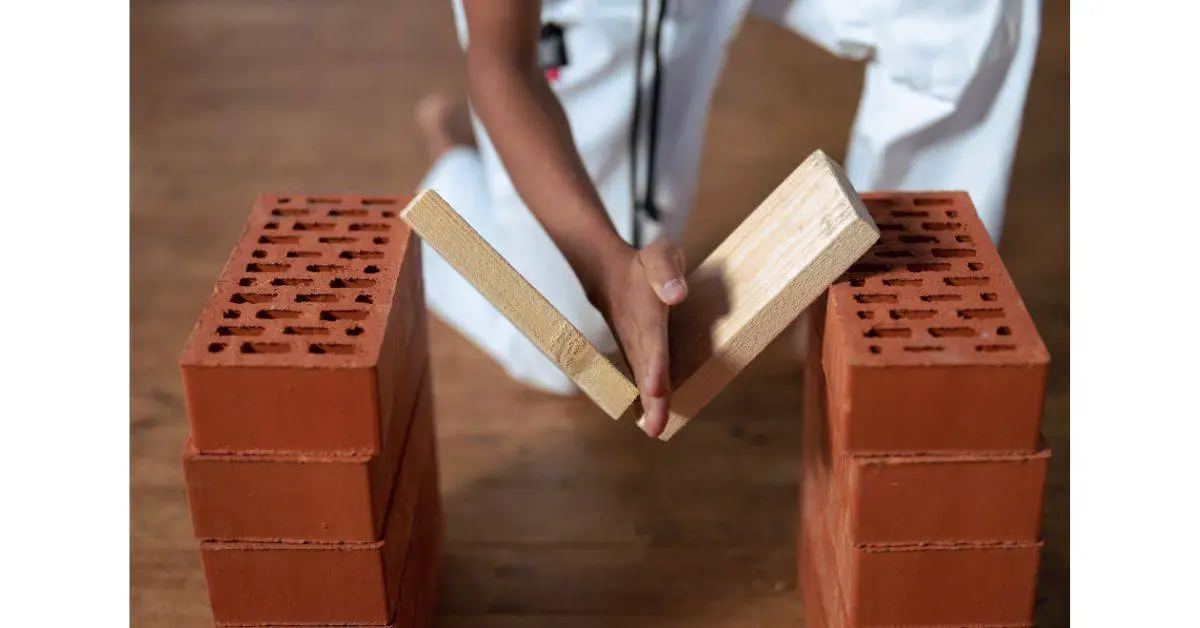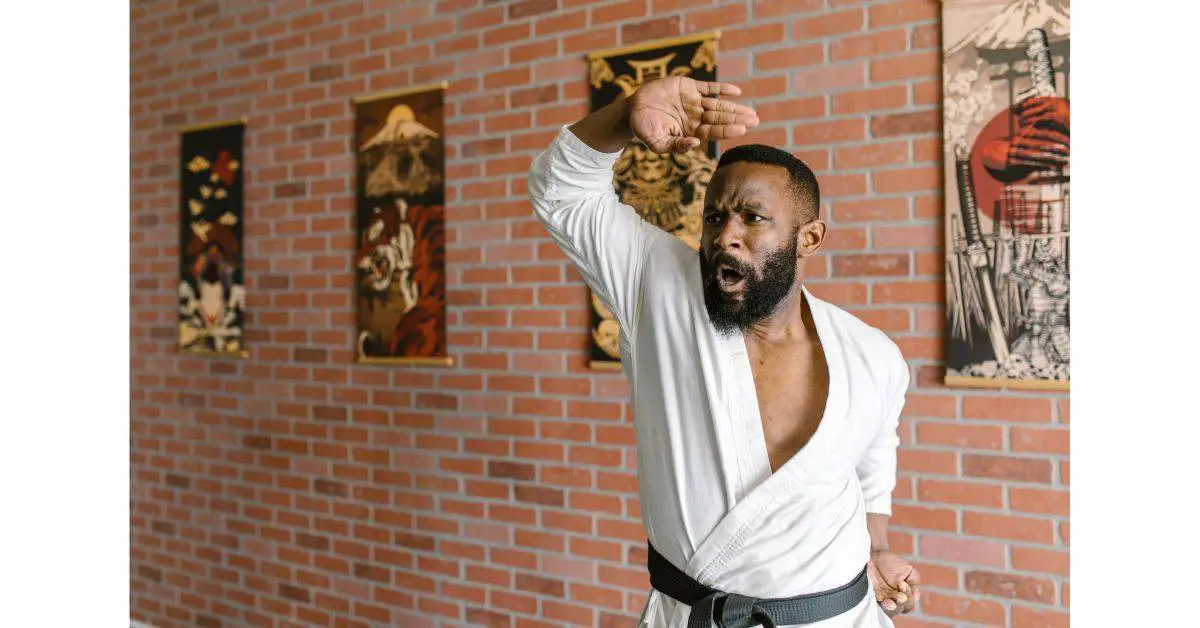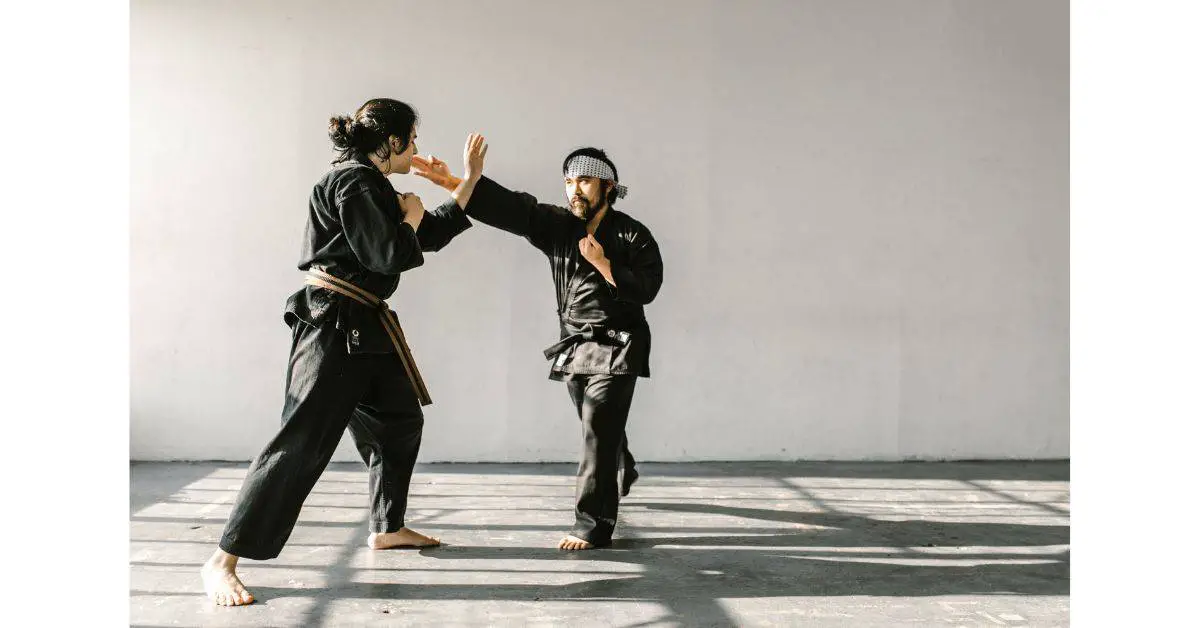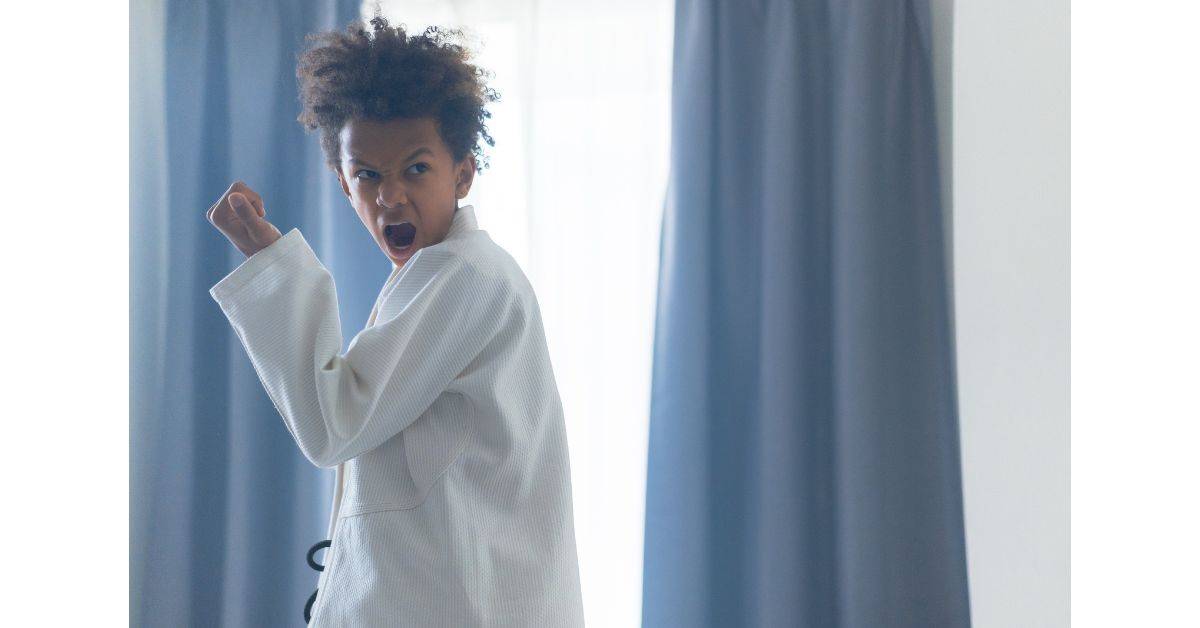Over the years, there have been a lot of speculations as to whether karate, a form of martial art that involves striking, affects height. Researchers and other people question Karatekas to determine whether the sport they engage in affects their size, and if it does, how did it affect their height positively or negatively? After some research, here’s what we found.
Some studies claim that karate practice positively affects height; others argue that it has no substantial effect on the body’s size. Karate doesn’t make you any taller or shorter than you already are. Growth spurts are unaffected by karate, although it is a mentally stimulating sport and a way to maintain fitness.
Aside from providing an avenue for developing mental and physical strength and improving agility and ability to self-defend, it has no overall effect. A skinny person can start practicing karate and look the same after some months. If they grow physically, besides strength, this results from various factors like nutrition and diet.
The factors influencing a person’s growth are nutrition, age, genetic makeup, race, pollution, hormones, environment, and hygiene. A person can go to the gym regularly for months and still not look any different because they are not feeding appropriately. Karate does not affect height or growth at that.
Does Karate Stunt Growth?
If Karate doesn’t cause an increase in height or growth, does it stunt it? Do the intense training, mental discipline, self-discipline, and intricate techniques practiced make it difficult for the human body to grow after exposure to such extremity?
Karate does not affect, negatively or positively, overgrowth or height. Karate, as a sport, does not stunt growth, although practicing with adequate nutrition can cause changes in the human body. Noticeable changes include increased muscle mass, greater endurance and adaptability skills, stronger bones, and strength.

Swimming, like sword fighting and other sports practiced, doesn’t stunt or increase growth. All these are sports, and sport is an activity engaged in for fun and building endurance skills. With the right amount of nutrients, these sports might become an avenue to build muscle mass and increase some parts of the body, but this increase depends on their nutrients and diet, not just the sport.
As given in an article on Little Ninja Parenting states, “Practicing martial arts like karate or taekwondo are not known or seen to stunt growth in children or teenagers. Studies indicate that the opposite is true: a weight-bearing exercise in childhood has positive effects on bones, which may last into adulthood even if the activity stops” (Little Ninja Parenting, n.d.).
Will Karate Affect Height?
Karate and growth are not proportional, and one doesn’t affect the other, primarily because karate is a martial art sport. It is a fact that no martial art sport, including taekwondo and Tai chi, will increase height.
There’s no physical activity that affects height, not even karate. Some studies have claimed that performing stretching exercises can expand the limbs, but there has been no case study to serve as proof. Karate has and will never affect height by causing an increase or decrease.
All martial art sport does is increase strength, endurance, and confidence. It is worth noting that an increase in all these might be proportional to a growth increase because of the feel-good hormones at work here, but Karate doesn’t influence this.
No studies show that karate will affect height in the future. For now, it doesn’t. It probably never will, but we keep an open mind to see.
Will Martial Arts Affect Height?
Amongst the listings of factors that affect height, not once was martial art listed. If science doesn’t relate height spurts to martial arts, what are the chances that martial arts will influence height in the near future?
Martial arts don’t affect height by increasing or decreasing them; it is simply that martial arts are strictly sports for fighting and defending. Martial arts require mental and physical concentration, and these are not factors that affect height.

The advance in technology leaves the question whether martial arts will affect height open. Although martial art existed as far back as the 1600s, there was significant growth in it during the 20th century. It gained more popularity and followers as most people wanted to learn to defend themselves and use that as an opportunity to connect with their spiritual side (Britannica, n.d.).
The Olympic Games added Judo and Taekwondo, encouraging people to learn and play them. By the early 21st century, the improved martial art called mixed martial arts (MMA) had gained prominence (Britannica, n.d.). But never in those years of practice did anyone come out to talk about the growth spurt they’ve enjoyed since they started martial arts.
Negative Effects of Karate
When you mention karate, people’s minds go to the positive effects of karate, but like so many things, have its disadvantages, and Karate is not left out. A sport that involves fighting and defending without weapons is bound to attract as many injuries as possible, and karate is not short on those. These are a few of the adverse effects that come with practicing karate:
Overtraining
Because some people want to attain a higher level in a shorter period or do not understand their body well enough to know its boundaries, they overtrain it. For instance, the person practicing karate is not flexible enough to practice some moves, and they overextend their elasticity until they reach their breaking point. This overtraining might lead to injuries like sprained ankles, fractures, broken bones, etc.
If you want to avoid overtraining, follow the link to an article of mine on how often you should do karate.
Head and Neck Injuries
Head and neck injuries can happen during practice. They are not so common, but they are as painful as the other kinds of damage. They might include a neck sprain, neck spasm, herniated disk, or even something as bad as a spinal cord injury.
Head and neck injuries are one of the worst effects of karate because you never know what will heal and what will make you semi-invalid for the rest of your life. It should scare you away from karate, though.
Concussions
A blow to the head causes this and can be pretty deadly. The symptoms include headache, confusion, dizziness, memory loss, nausea, and the like. Memory loss could be temporary or permanent, and it’s usually self-diagnosable.

Wrist Injuries
Another adverse effect of karate is wrist sprain. Finger fractures, thumb sprains, and dislocations are common karate injuries. They require the karatekas to take time off from practicing. They can be deadly if not treated on time. Experts advise trainees to seek medical attention once they notice discomfort while carrying out some karate styles or techniques.
Keeping your wrists healthy—is one of the most crucial actions you can take in the long-term. If you don’t, you’ll experience wrist pains for a long time to come. So, I encourage you to read an article I wrote about the best karate gloves. After all, it’ll be best if you prioritize protection over learning.
Final Words
Karate remains a form of martial art. You practice various techniques to improve your mental strength and self-defense methods. Following the sport’s guidelines, you push, shove, and attack, but you carefully apply force to defend yourself.
Karate is a game of strength, endurance, and discipline; none of these factors affect growth. Karate, as a martial art, has become pretty popular. You can enroll your kids to take classes on it without fear of karate impacting their growth because it is an art that would not interfere with your growth. Everyone can learn karate and become masters at self-defense.
If you enjoyed reading this article, I highly recommend reading another article of mine on Karate’s belt order. Such information is a must-know if you desire to study training in karate.

